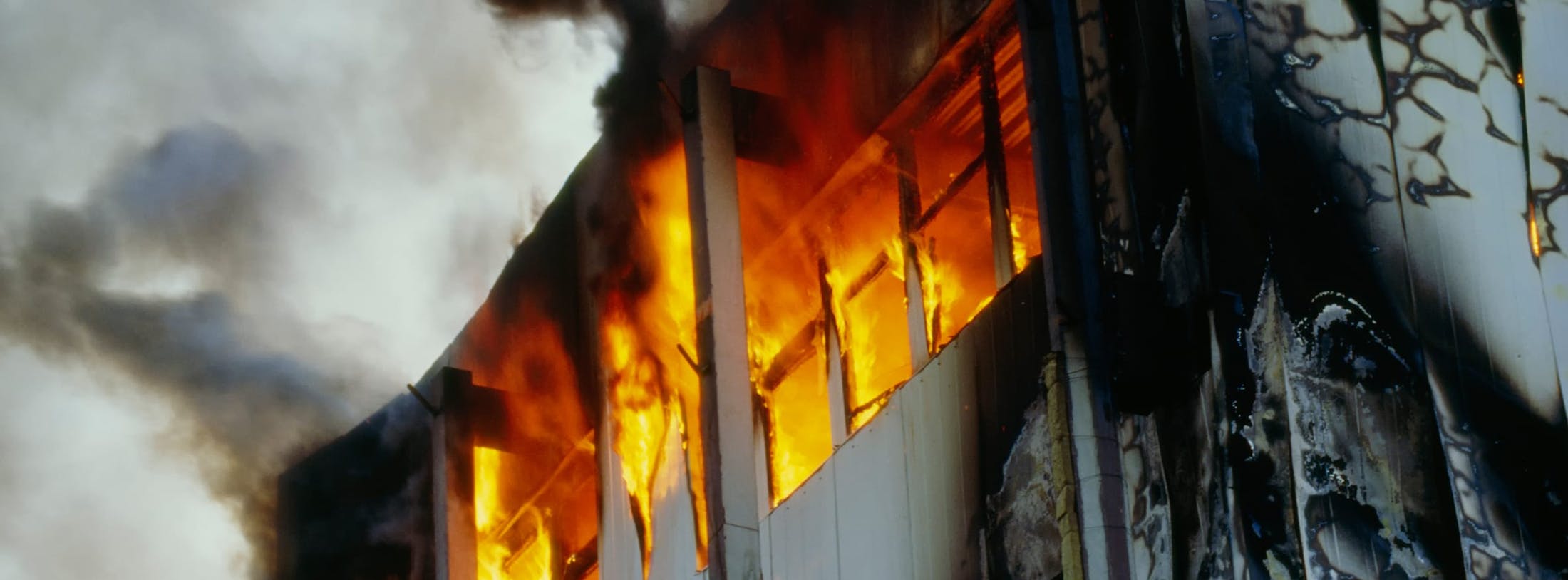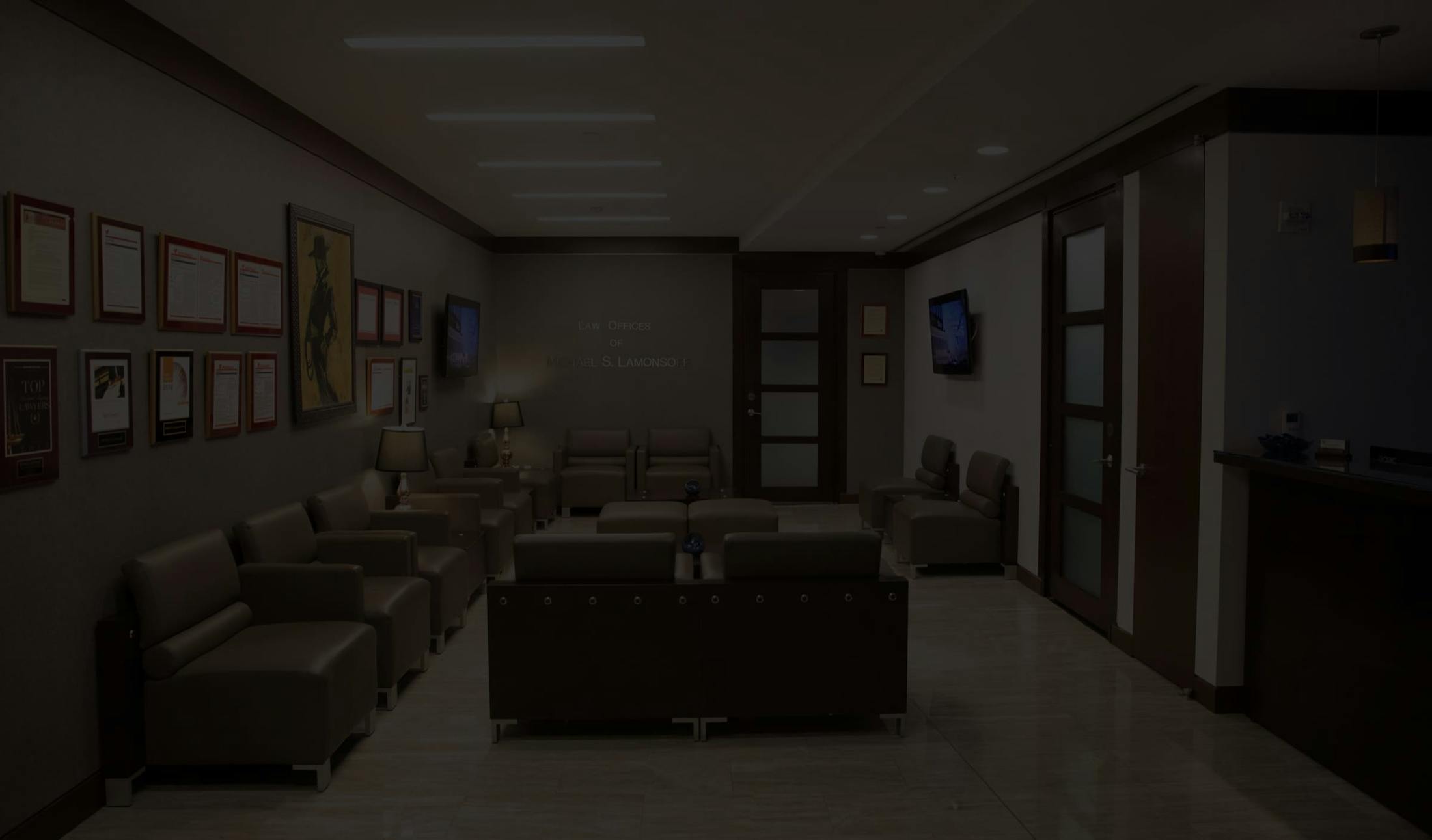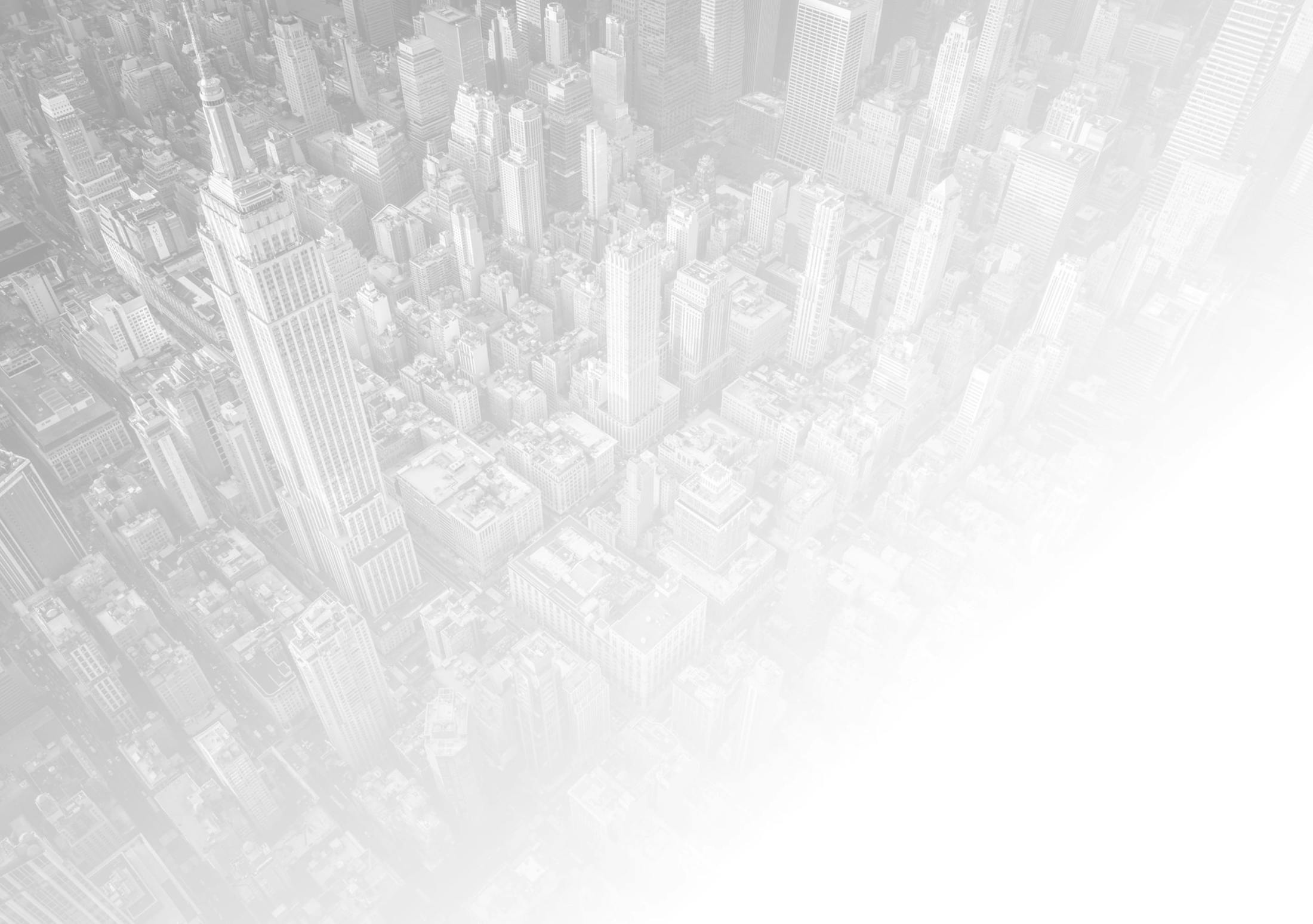For all new client inquiries please fill out the below form to set up a free virtual or telephone consultation.
Apartment Fire Lawyer in NYC

The Dangers of NYC Apartment Fires
Apartment fires in New York City pose serious risks due to the densely packed living conditions and high-rise buildings. The close proximity of units can facilitate the rapid spread of flames, smoke, and toxic fumes, endangering residents on multiple floors. Overloaded electrical circuits, improper use of heating appliances, and inadequate fire safety measures are common causes of these fires.
Moreover, many older buildings may lack modern fire suppression systems, making it even more challenging to contain and extinguish fires promptly. As a result, apartment fires can lead to severe injuries, loss of life, and extensive property damage, highlighting the critical importance of adhering to fire safety regulations and having effective emergency preparedness plans in place.
If you have been injured in an apartment fire in New York City, you need a fierce advocate who will fight tirelessly for your rights. Michael S. Lamonsoff, known as “The Bull,” is the NYC apartment fire attorney you want on your side. As the founder of The Law Offices of Michael S. Lamonsoff, PLLC, he brings relentless determination and exceptional legal skill to every case.
Licensed in all State and Federal Courts in New York and a recognized leader in the legal community, Mr. Lamonsoff has earned a reputation for achieving top-tier settlements and verdicts. With his extensive experience and impressive accolades, including membership on the Board of Directors of the New York State Trial Lawyers Association and consistent selection as a Super Lawyer, you can trust attorney Lamonsoff to take on powerful defendants and large insurance companies and recover the highest possible compensation you are entitled to.
Apartment Fire Safety Laws in New York City
New York City has stringent fire safety regulations to protect residents and prevent devastating fires in apartment buildings. These laws encompass a range of measures, from building codes to fire prevention systems, ensuring that both property owners and tenants adhere to safety standards.
Building Code Requirements
New York City's Building Code, governed by Title 28 of the Administrative Code of the City of New York, outlines comprehensive fire safety requirements for residential buildings. These regulations cover the installation and maintenance of fire protection systems, such as sprinklers, fire alarms, and fire-resistant materials. Key sections include:
- Section 27-361: This section mandates that all residential buildings must have a fire alarm system installed. The system must be regularly tested and maintained to ensure proper functioning.
- Section 27-366: Requires that high-rise residential buildings have an automatic sprinkler system in place. These systems must be inspected annually and serviced regularly.
- Section 27-377: Addresses the need for fire-resistant construction materials in the building’s walls, floors, and ceilings to slow the spread of fire.
Fire Department Regulations
The New York City Fire Department (FDNY) enforces fire safety laws through inspections and permits. The Fire Code of New York City (Title 29 of the Administrative Code) sets forth regulations that impact apartment buildings:
- Chapter 5: Establishes requirements for fire safety systems, including fire extinguishers, smoke detectors, and emergency lighting. All residential buildings must comply with these requirements to ensure safety.
- Chapter 9: Outlines the rules for fire drills and emergency evacuation plans. Building owners are required to conduct regular fire drills and maintain clear and accessible exit routes for all residents.
- Chapter 11: Covers regulations for the maintenance of fire escapes and external fire protection systems. Building owners must ensure these systems are functional and not obstructed.
Smoke Detector and Carbon Monoxide Alarm Requirements
New York State law mandates that all residential units, including apartments, be equipped with smoke detectors and carbon monoxide alarms:
- New York State Residential Code: Requires smoke detectors in every bedroom, outside each sleeping area, and on every level of the home. Carbon monoxide detectors must be installed in homes with fuel-burning appliances or an attached garage.
- NYC Administrative Code Section 27-2045: States that landlords must ensure that smoke detectors are installed and properly maintained in rental units.
Tenant Responsibilities
Tenants also play a crucial role in apartment fire safety. The NYC Housing Maintenance Code (Title 27- Housing Maintenance Code) outlines the responsibilities of tenants in maintaining a safe living environment:
- Section 27-2048: Requires tenants to keep fire escape routes clear of obstructions and to report any malfunctioning smoke detectors to the landlord.
- Section 27-2054: Tenants must comply with all fire safety rules established by the building management, including not tampering with fire safety equipment.
Enforcement and Penalties
The enforcement of fire safety laws in New York City involves regular inspections by the FDNY and the Department of Buildings. Violations of fire safety regulations can lead to significant fines and legal action:
- Administrative Code Section 28-201.1: Provides for penalties for non-compliance with building codes, including fines and orders to correct violations.
- Fire Code Violations: Can result in fines ranging from $500 to $10,000, depending on the severity and frequency of the violation.

Causes of Apartment Fires in New York City
Apartment fires in New York City can be caused by a variety of factors, many of which are preventable. Understanding these causes can help tenants and building managers take proactive measures to reduce the risk of fires and enhance overall safety.
Cooking Accidents
Cooking-related incidents are the leading cause of apartment fires. Common issues include:
- Unattended Cooking: Leaving food unattended on the stove or in the oven can result in fires if it overheats or catches fire.
- Grease Fires: Accumulated grease in cooking appliances can ignite and spread quickly, especially if not cleaned regularly.
Electrical Issues
Electrical faults are another major cause of apartment fires:
- Faulty Wiring: Old or damaged wiring can short-circuit and cause electrical fires.
- Overloaded Outlets: Plugging too many devices into a single outlet or using extension cords improperly can overload the electrical system.
- Defective Appliances: Appliances with faulty wiring or components can spark fires.
Heating Equipment
Improper use of heating equipment can lead to fires:
- Space Heaters: Using space heaters without proper clearance from combustible materials can be dangerous.
- Faulty Heating Systems: Malfunctioning central heating systems or broken thermostats can overheat and cause fires.
Smoking
Smoking is a significant fire risk:
- Cigarette butts: Carelessly discarded cigarette butts can ignite materials if not fully extinguished.
- Improper Disposal: Throwing hot ashes or burning materials into trash bins can start fires.
Combustible Materials
Improper storage of flammable materials can be hazardous:
- Flammable Liquids: Storing gasoline, solvents, or other flammable liquids near heat sources can lead to fires.
- Paper and Trash: Accumulation of paper and other combustible materials can catch fire if exposed to heat or flames.
Faulty Fire Alarms and Sprinkler Systems
Malfunctioning fire safety systems can exacerbate fire damage:
- Disabled Fire Alarms: If smoke detectors are not functioning or are disabled, fires can go undetected until they spread.
- Inoperative Sprinklers: Sprinkler systems that are not maintained properly can fail to suppress fires.
Improper Use of Candles
Candles left unattended or placed near flammable materials can be a fire risk:
- Unattended Candles: Leaving candles burning when not supervised can lead to accidental fires.
- Flammable Surroundings: Placing candles near curtains, papers, or other combustibles can result in fires.
Heating Sources and Appliances
Heating sources and appliances, including:
- Space Heaters: Space heaters that are placed too close to furniture or bedding can overheat and cause fires.
- Gas Appliances: Leaks or malfunctioning gas appliances can lead to explosions or fires.
Fire Safety Equipment Issues
Problems with fire safety equipment can contribute to fire hazards:
- Disabled Fire Extinguishers: Fire extinguishers that are out of service or not properly maintained can leave tenants unprepared to handle small fires.
- Blocked Fire Escapes: Obstructed fire escapes or exits can hinder evacuation efforts during a fire emergency.
Arson
Intentional setting of fires:
- Deliberate Acts: Some fires are set intentionally, whether by individuals with malicious intent or as a form of vandalism.
Potential Liable Parties in NYC Apartment Fire Cases
In the event of an apartment fire in New York City, determining liability is critical to recovering compensation for victims. NYC fire apartment lawyer Michael Lamonsoff, "The Bull," will leave no stone unturned to hold all the negligent parties accountable and ensure that victims receive the largest possible financial compensation for their injuries and losses.
Landlords and Property Owners
- Failure to Maintain Safe Conditions: Landlords and property owners have a legal obligation to ensure that their properties are safe and up to code. If they fail to maintain or repair critical safety systems, such as smoke detectors, fire alarms, or sprinkler systems, they may be held liable for damages resulting from a fire.
- Negligent Property Management: If the property management company responsible for overseeing the building’s maintenance neglects necessary repairs or safety inspections, they could be found liable for any resulting damages.
Building Managers
- Negligent Oversight: Building managers who fail to enforce building codes, conduct regular safety inspections, or address known hazards may be held responsible for fire-related injuries and damages.
- Failure to Address Complaints: If tenants have reported safety issues or hazards that the building manager ignored, the manager could be held accountable for not addressing these problems in a timely manner.
Contractors and Maintenance Personnel
- Improper Repairs or Renovations: Contractors who perform substandard work or fail to adhere to safety codes during repairs or renovations can be liable if their work contributes to a fire. This includes faulty wiring, improper installation of heating systems, or failure to maintain fire safety equipment.
- Negligent Maintenance: Maintenance personnel who neglect regular upkeep or fail to address safety issues can also be held responsible. For example, if they fail to properly inspect or repair fire alarms or sprinklers, they may be liable for resulting damages.
Manufacturers of Defective Products
Faulty Appliances or Equipment: If a fire is caused by defective appliances or equipment, such as faulty electrical devices, heating systems, or cooking appliances, the manufacturers of these products can be held liable. Product liability claims may be pursued against companies whose defective products caused or contributed to the fire.
Defective Fire Safety Equipment: If fire safety equipment, such as smoke detectors or sprinklers, fails due to manufacturing defects, the manufacturer of these products could be held accountable for any damages resulting from their failure to perform as expected.
Utility Companies
- Gas Leaks or Electrical Faults: Utility companies may be liable if a fire is caused by gas leaks, electrical faults, or other issues related to their services. For instance, if a gas company fails to address a reported gas leak or an electric company’s faulty wiring causes a fire, they could be held responsible for damages.
Tenants and Visitors
- Negligence: In some cases, the actions of tenants or visitors may contribute to the cause of a fire. For example, if a tenant’s improper use of candles, negligence while cooking, or failure to follow safety protocols results in a fire, they might share some liability. However, the liability of tenants is typically limited to their direct actions and any negligence contributing to the fire.
Fire Safety Inspectors
- Failure to Enforce Codes: If fire safety inspectors fail to enforce building codes or overlook critical safety violations during inspections, they may be found liable if their negligence contributes to a fire. However, liability in such cases can be complex and may involve governmental or administrative actions.

How NYC Fire Apartment Attorney Michael Lamonsoff "The Bull" Will Prove Liability of the Negligent Parties
In cases involving apartment fires in New York City, hard evidence is required to prove liability and recover compensation for the injured victims. New York fire apartment lawyer Michael Lamonsoff, "The Bull" employs a strategic approach to evidence collection. Here are the types of evidence he and his investigative team will collect to build a strong case for damages.
Incident Reports and Fire Department Records
Fire Incident Reports: These official documents provide details about the fire, including the time, date, and cause, as reported by the fire department. They often include information on the response time and any observations made by the firefighters.
Fire Department Records: These records can offer insights into the fire’s severity, the spread, and any initial findings about potential causes or contributing factors.
Building Maintenance and Safety Records
Maintenance Logs: Records of building maintenance and repairs can show whether the property owner or management adhered to safety regulations and performed necessary upkeep.
Safety Inspection Reports: Documents from routine safety inspections can reveal if there were any known violations or hazards that were not addressed by the property owner or management.
Fire Safety Equipment Records: Records for fire alarms, sprinklers, and other safety equipment, including maintenance and testing schedules, are crucial to determine if equipment was functioning properly or had defects.
Photographs and Videos
Post-Fire Photographs: Photos of the fire damage can help establish the extent of the destruction and any potential causes, such as faulty wiring or improper maintenance.
Surveillance Videos: Video footage from security cameras in and around the building can provide visual evidence of the fire’s origin and progression, as well as any potential negligence by property managers or maintenance personnel.
Witness Testimonies
Tenant Statements: Testimonies from tenants who experienced or observed the fire can offer valuable insights into the conditions leading up to the incident, including any previous safety concerns or hazards reported to management.
Expert Witnesses: Expert opinions from fire investigators, safety engineers, or construction experts can provide professional assessments of the fire’s cause, building safety standards, and potential failures.
Building Code Compliance Documents
Building Code Records: Documentation showing whether the building complied with New York City’s building codes and regulations at the time of the fire can help establish liability for violations that contributed to the incident.
Renovation and Construction Records: If recent renovations or construction work was done, records and permits related to these activities can be reviewed to identify any potential defects or non-compliance with safety standards.
Utility Company Records
Gas and Electrical Service Records: Records from utility companies can reveal if there were any issues or complaints related to gas or electrical systems that might have contributed to the fire. This includes reports of leaks, outages, or faulty wiring.
Maintenance and Inspection Records: Utility companies’ maintenance logs can show whether they conducted regular inspections and addressed any reported issues.
Insurance Claims and Correspondence
Insurance Claims: Documentation of any insurance claims filed by the property owner or tenants can provide insight into the damages reported and the insurance company’s response, which can be crucial for proving the extent of the losses.
Correspondence with Insurers: Communication between the property owner, management, and insurance companies can reveal any admissions of fault or evidence of negligence.
Defective Product Evidence
Product Information: If a defective appliance or safety device is suspected to be a cause, evidence related to the product’s manufacturer, design, and maintenance records will be gathered.
Product Testing Results: Results from any testing or analysis of the defective product or equipment can be used to demonstrate that it failed and contributed to the fire.
Choose the Leading Apartment Fire Accident Lawyer in NYC to Maximize Your Compensation
If you have suffered injuries in an apartment fire in New York City, it is time to get the strongest possible legal representation. Attorney Michael S. Lamonsoff, known as "The Bull," leads one of the largest and most successful personal injury law firms in New York, having secured over $500 million in settlements and verdicts. His aggressive, no-holds-barred approach has resulted in large financial recoveries for his clients.
Attorney Lamonsoff’s formidable track record of wins has earned him a place in the prestigious Million Dollar and Multi-Million Dollar Advocates Forum. With consistent recognition in “VerdictSearch’s Top New York Verdicts” and five-star ratings from clients, he, along with his legal team, is committed to fighting for the maximum compensation you deserve. To schedule your free consultation, call us at 212-962-1020 or fill out this online contact form.

